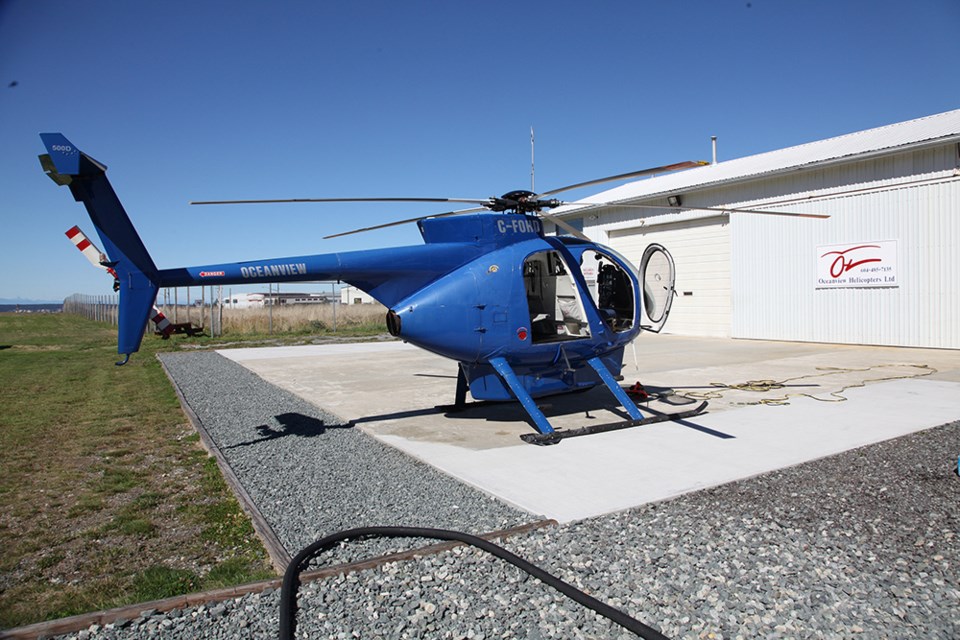Powell River Search and Rescue was involved in a second helicopter rescue in less than a week when an injured hiker had to be extracted from the Centre Lake area.
According to search and rescue president Jean Daly, a cell phone call was made to 911 on October 19, indicating that the injury had taken place. A search and rescue team was dispatched to the site.
Daly said that similar to a helicopter extraction of two hikers at Walt Hill on October 16, Powell River Search and Rescue was unable to extract them safely by stretcher. She said it would have been dangerous for the injured hiker and the crew.
“A decision was made to airlift him as well,” said Daly. “It just boiled down to safety for the subject and safety for the people doing the extraction. It would have been a long, very uncomfortable, very hard extraction. So, a decision was made by the search and rescue manager to fly that person out as well.”
Daly said the injured hiker was transferred to hospital for the necessary care.
In the first rescue on October 16, search and rescue called in North Shore Rescue because the extraction had to be done using long lines from the helicopter. For this latest rescue, Oceanview Helicopters was used because there was a usable landing site close to the rescue site, according to Daly.
She said it is unusual to have two helicopter rescues in a row.
“What we are finding, with the good weather, is that people have gotten a lot further into the backcountry,” said Daly. “There are logging roads that are cut in and the mountain biking is really good, so there are a lot of trails that go quite far into the backcountry. Sometimes, when somebody gets injured, there is no other option except for an extraction like this one, because they are in such difficult terrain. Sometimes carrying a stretcher just isn’t possible.”
Daly said it has been a fairly quiet summer for Powell River Search and Rescue. In many cases, people have gone into the backcountry well prepared and have done a good job looking after themselves, using proper technology, she added.
In this latest case, Daly said there was cellular phone coverage at Centre Lake, but more people accessing the backcountry are using SPOT (synchronized pre-deployment and operational tracker) devices, which send GPS data to communications satellites. Daly said the latest SPOTs can even send text messages, and have come down in price.
“That’s such an advancement to be able to do that,” she added. “Extreme backcountry people and mountain climbers all seem to have them.”
Phones are better with the new cell towers and coverage is less spotty, but there are many places where coverage is marginal or non-existent, said Daly. Radios are also good, but they are also line of sight in terms of operation.
“Sometimes you can’t get out with the radio but the SPOTS are so good now,” said Daly. “It’s improved dramatically and people are a lot more bush aware, so it’s been a quiet summer up until these two incidents.”
Powell River Search and Rescue is looking for new volunteer members, especially younger people. Those interested in finding out more can contact training officer Chad Honey by email at [email protected]. Interested parties can also contact Daly at [email protected] for information on how to join search and rescue, what they do and who they are.



